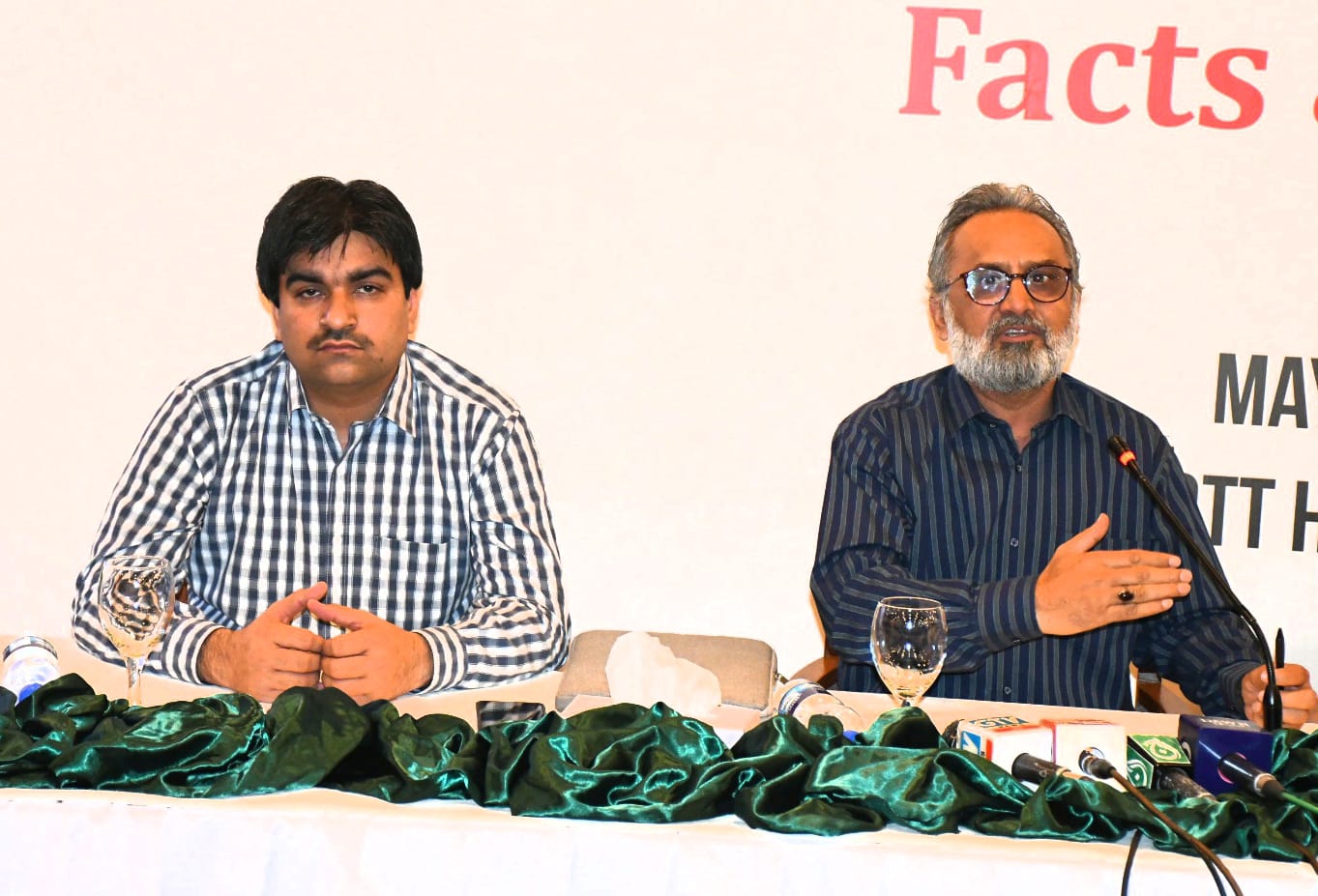STAFF REPORTER
ISLAMABAD: A policy brief titled “Facts vs Industry Narrative: Cigarette Production and Taxation in Pakistan,” published by the Social Policy and Development Centre (SPDC), highlights the deceptive practices of cigarette manufacturing companies in Pakistan. The report was launched during an event organized by the Society for the Protection of the Rights of the Child (SPARC).
According to Muhammad Sabir, Principal Economist of SPDC, the country’s major cigarette producers, including Pakistan Tobacco Company (PTC), Phillip Morris Pakistan (PMPK), and Khyber Tobacco Company, have significantly underreported their production. Despite this decline in declared production, the combined net turnover and gross profit of these companies have shown an increase during the first nine months of the current fiscal year. This indicates that the firms are falsely reporting their production to avoid taxes and manipulate tax policies.
Analyzing the financial statements of these companies, the report reveals that the net turnover and gross profit rose from 72 billion Rupees (PKR) during July 2021 to March 2022, to 94 billion Rupees during July 2022 to March 2023. Additionally, the gross profit increased from 33 billion Rupees to 46 billion Rupees during the same period. Notably, even when tax rates were substantially increased and declared production declined by half during the quarter of January to March 2023, the companies’ profits did not decrease. This suggests that the tobacco industry is underreporting its production to evade taxes while simultaneously complaining about the increased tax rates.
Muhammad Sabir further explained that the cigarette industry has employed various tactics, including front-loading and sudden production changes, to avoid tax hikes and influence tax policy. Consequently, fluctuations in cigarette production cannot be attributed to price or tax variations. For instance, the largest increase in cigarette prices occurred in March 2023, while the largest decrease in production happened in July 2023. The trend in monthly cigarette production since 2011-12 demonstrates that this is not the first instance of production plummeting to one billion sticks. The industry has repeatedly employed this strategy to avoid tax increases.
Commenting on the tax revenue, Mr. Malik Imran, Country Head of Campaign for Tobacco-Free Kids (CTFK), stated that the total tax revenue paid by these companies, including Federal Excise Duty (FED) and Goods and Services Tax (GST), has risen from PKR 114.5 billion in July 2021 to March 2022, to PKR 127.5 billion in the first nine months of the current fiscal year, representing an 11.3 percent growth. He emphasized that the tobacco industry has consistently used deceptive tactics to hinder the government’s efforts in reducing tobacco hazards. Imran stated that the analysis presented in the policy brief refutes the cigarette industry’s claims regarding the adverse effects of higher cigarette taxes.
Khalil Ahmed Dogar, Program Manager of SPARC, expressed concern over the deadly impact of tobacco products, causing 465 deaths and 1200 children becoming addicted every day. Despite a decrease in production, cigarette companies’ profits have increased. Dogar questioned the rationale of keeping tobacco taxes stagnant merely based on the industry’s demands. He stressed that statistics provided by an industry that resorts to deceitful practices cannot be taken seriously. Dogar commended the government’s decision to raise tobacco prices, emphasizing the need for bold steps in tobacco control efforts. He concluded that this decision has already yielded positive economic outcomes and will continue to generate more revenue while reducing the burden on public health. However, he urged the government to remain steadfast and not fall victim to the tobacco industry.
